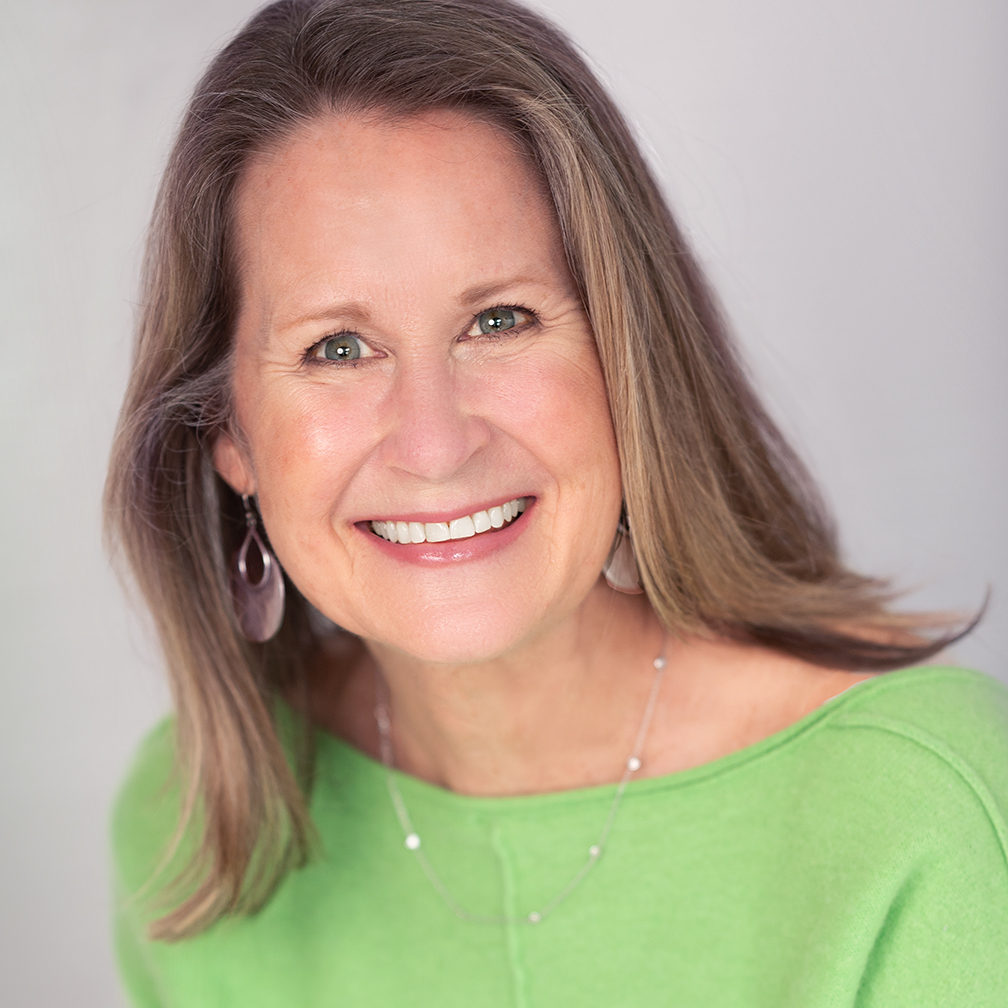We don’t necessarily come into the world with compassion. It’s often learned as we watch the important adults in our lives confront difficulties and engage with others. We learn by their example, or the lack thereof.
What is compassion? It is the sympathetic awareness of others’ suffering with a desire to alleviate that suffering.
Many of us have been called into higher levels of compassion for Black people this past year, as we witnessed the abuse they face in the hands of police and from systemic racism. The pandemic has also raised our awareness of suffering, with the loss of more than 500,000 Americans to Covid-19. Many of us now know someone personally who has been adversely impacted by the deadly virus.
When I say “called into higher levels of compassion,” I’m referring to the fact that compassion can come from different places within ourselves and, as a result, manifest itself in different ways. And the truth is, we can all become more compassionate. But, we may need to do some thinking about what it means to consciously shift into higher levels of compassion. With this in mind, here are three levels of compassion to consider:
Level One Compassion
I’m going to help you based on what I think you need. This is informed by my worldview, my experience and what worked for me in the past. It’s more about alleviating my suffering than yours. Because I’m suffering about your suffering, I want it to stop. This is what people may be doing when they go build a school or a church to “help” others. It’s all about me.
Level Two Compassion
I’m going to help you based on what you tell me you need. I have my attention on you. I ask questions, I listen empathetically and learn. I believe that you know what you need, and I believe I can help you get it. It’s all about you.
Level Three Compassion
It’s all about both of us. And because it’s a reciprocal experience, we both get better. Our collective suffering is alleviated.
A Story of Level Three Compassion
Several years ago, we learned that one of our adult sons was drinking too much. And then the news got worse. His oldest child, then 15, admitted that when he was eight years old, he had found his mother passed out on the kitchen floor. He had picked her up and gotten her into bed.
Our son and his wife have four children, and the youngest at that time was a baby, just months old. Our son’s wife was drinking all day while she was home with her children and nursing the baby.
The drinking had been going on for nearly a decade. We had no idea. Our first reaction was shock and anger, which makes sense according to Elizabeth Kubler Ross. And then I cried buckets of tears.
My husband and I had countless conversations over a period of weeks trying to decide what to do. Was there a right action to be taken? Not until we shifted out of anger and outrage and into compassion, we realized.
One morning, I was standing in the shower and a vision came to me of our son as a young boy, blond-haired and beautiful. He was walking out into the ocean but looking back at us on the sand. As his back was turned to the water, a big wave crashed on top of him, and the undertow began to sweep him out to sea. My husband jumped to his feet and ran out after him. In my vision, we were both teary with gratitude for having been able to save our boy just by grabbing his hand.
This vision became the gateway to the compassion we both needed.
Our boy was in trouble. He was being threatened by wave much larger than him. All we had to do was grab his hand and pull him to safety.
We called an alcoholic interventionist and scheduled a dual intervention for him and his wife. Through it all, we never lost sight of this vision, which restored us over and over to compassion for our son.
He and his wife entered a 30-day rehabilitation program and have been sober for the past two years. While our son was in rehab, we shared the story of the wave crashing on him. He wept and told us how grateful he was for us and for the courage we had on behalf of his life.
In the midst of all of that, I questioned the role of alcohol in my own life. Was it really necessary? I had been through a long journey with alcoholism in my family of origin, so I was no stranger to its devastating effects. So I chose to stop drinking alcohol, in part to stand in solidarity with our son and daughter-in-law for the first year of their sobriety, but in part for myself as well. I, too, now have two years of sobriety under my belt, and I have never felt better, clearer, more well or more grateful for my life.
This is level three compassion. All of us saw our suffering diminish.
In level three compassion, your love of learning and developing yourself is evoked and expanded in the act of compassionate service. Both parties are served — you and them. This is a healthier power dynamic. It’s a partnership of equals. No one is better than or more able than; both are in the circumstance and learning together, alleviating suffering for themselves and others around them.
Level Four Compassion
There’s a fourth level of compassion to consider as well. Working together with level four compassion, we will alleviate the more systemic conditions that are creating suffering for many. We move into compassionate, collective action to address the larger systems that create suffering. This is where we start to make a difference for many, not just one or two.
What level of compassion do you most often find yourself engaging in? And what might you do to engage in the next level — to make yourself bigger?
Our world needs more compassion. Join me in expansion.


